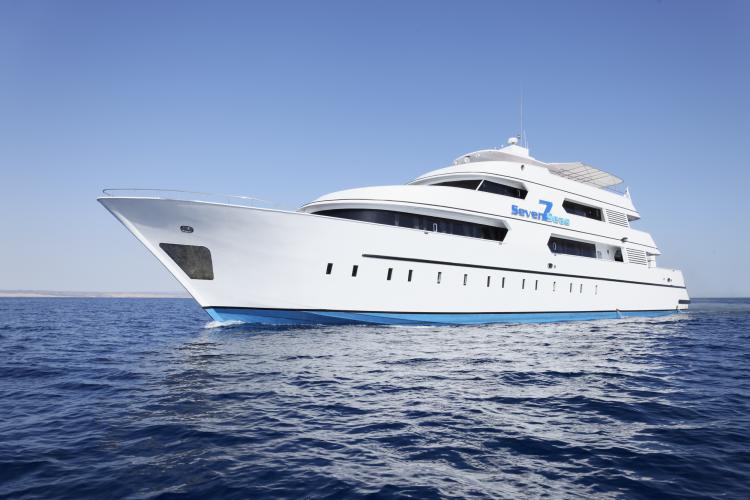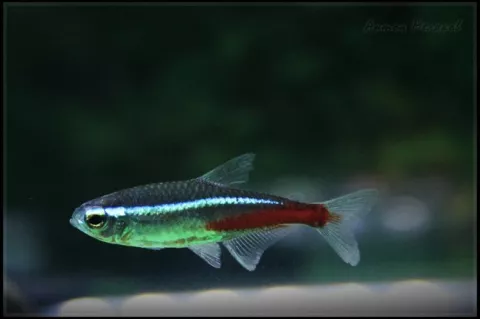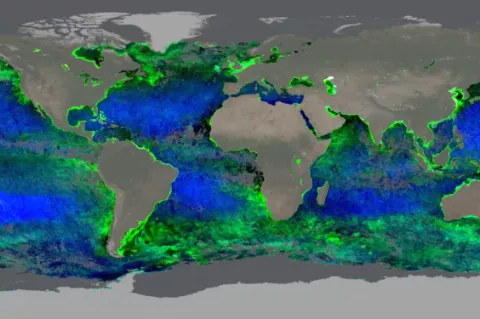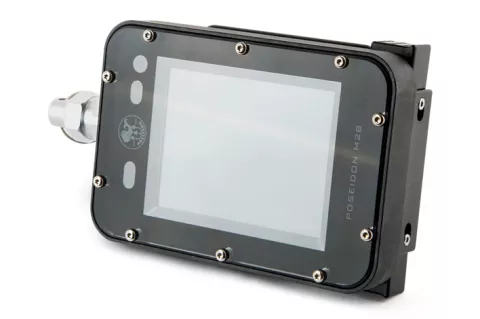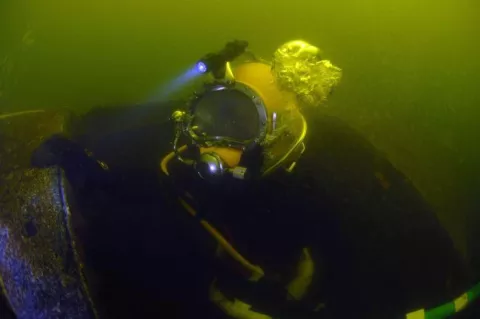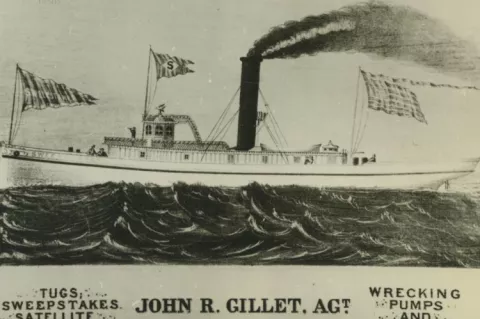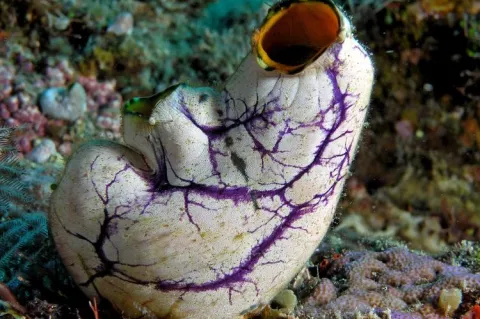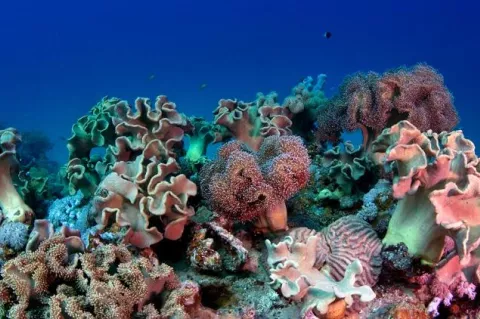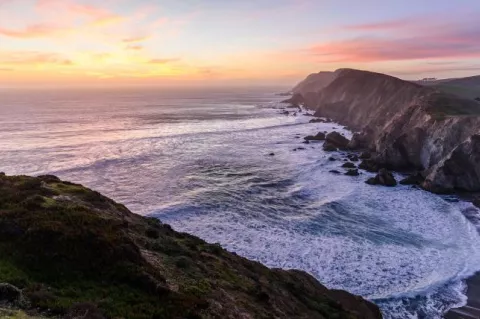Emperor Divers make Seven Seas their Red Sea flagship
Having worked in collaboration with the Seven Seas team in recent months, Emperor have now fully integrated her into the fleet to make her their flagship vessel in the region.
Seven Seas has won the “Best Liveaboard in the Red Sea” award on five occasions which speaks volumes for the quality of trip she offers.
She is a true icon of liveaboard holidays in this region providing a great diving experience from truly elegant surroundings.


